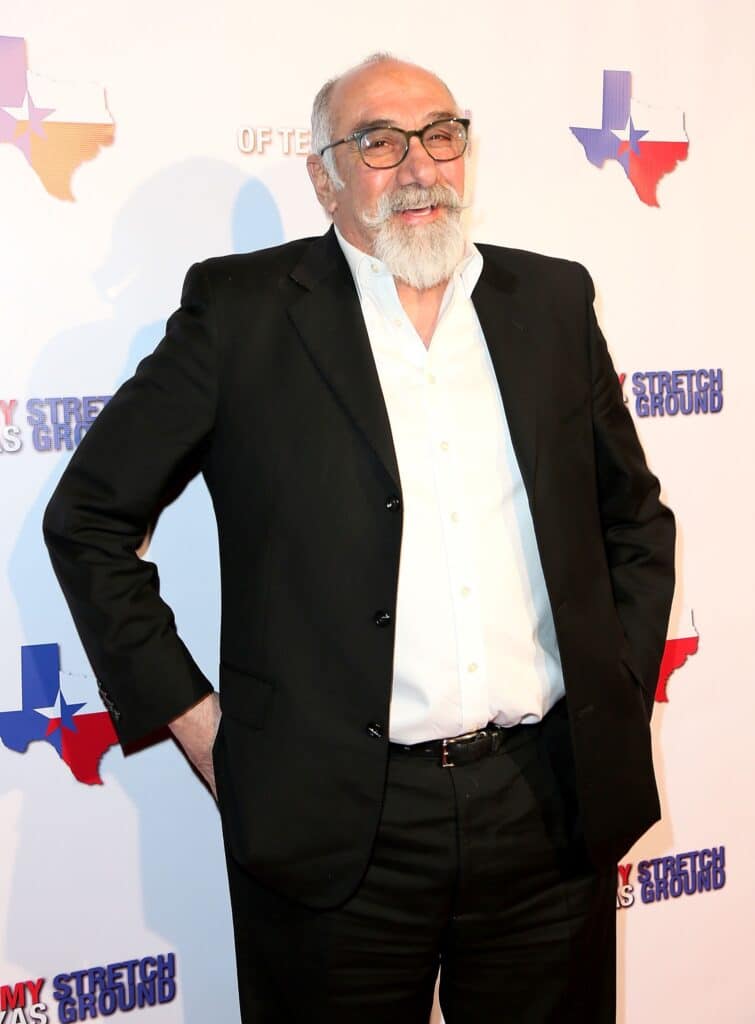Maz Siam embarked on a remarkable journey at the age of fifty—deciding to pursue a career in acting. Despite the challenges and uncertainties, Maz dove headfirst into this new chapter of his life, proving that it’s never too late to chase a dream. From yelling at Mindy on The Mindy Project to getting killed on shows like Hawaii Five-O and NCIS L.A., Maz has done it all. He’s also appeared in award-winning films like Argo and From The Sky, where his performances have garnered critical acclaim.
Beyond the screen, Maz’s story is one of resilience, reinvention, and the courage to start anew, which resonates deeply with those overcoming addiction or supporting loved ones through it. His experiences and journey serve as a powerful reminder that, no matter where you are in life, there’s always the possibility of a fresh start and a brighter future.
Maz continues to pursue his passion, living his dream with gratitude, and hopes to inspire others to do the same.
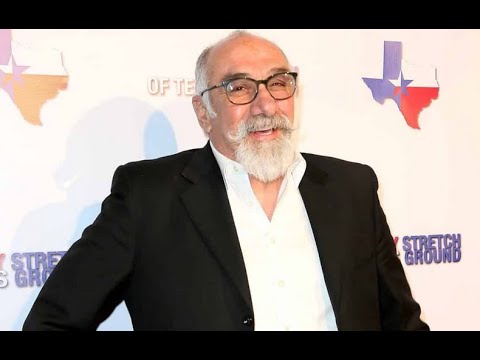
Maz Siam
Profession: Actor
Known For: Roles in TV shows like The Mindy Project, Hawaii Five-O, NCIS L.A., Grey’s Anatomy, and Scandal.
Film Credits: Argo, Thief, From The Sky, Nude Nuns With Big Guns
Instagram: @siammaz
Facebook: Maz Siam
Website: mazsiam.com
About: Maz Siam started his acting career at fifty and has since made memorable appearances on television and in films. He continues to live his dream, inspiring others with his story of resilience and reinvention.
Can you start by telling us a little about yourself?
I’m an old guy. I mean, I have a wealth of experience. I’m both a business/sales guy and a creative, and I’m fortunate to have lived a full life. I have a loving family. “Tell us about yourself.” How does one even answer that? Ask me what you want to know, and I’ll probably tell you.
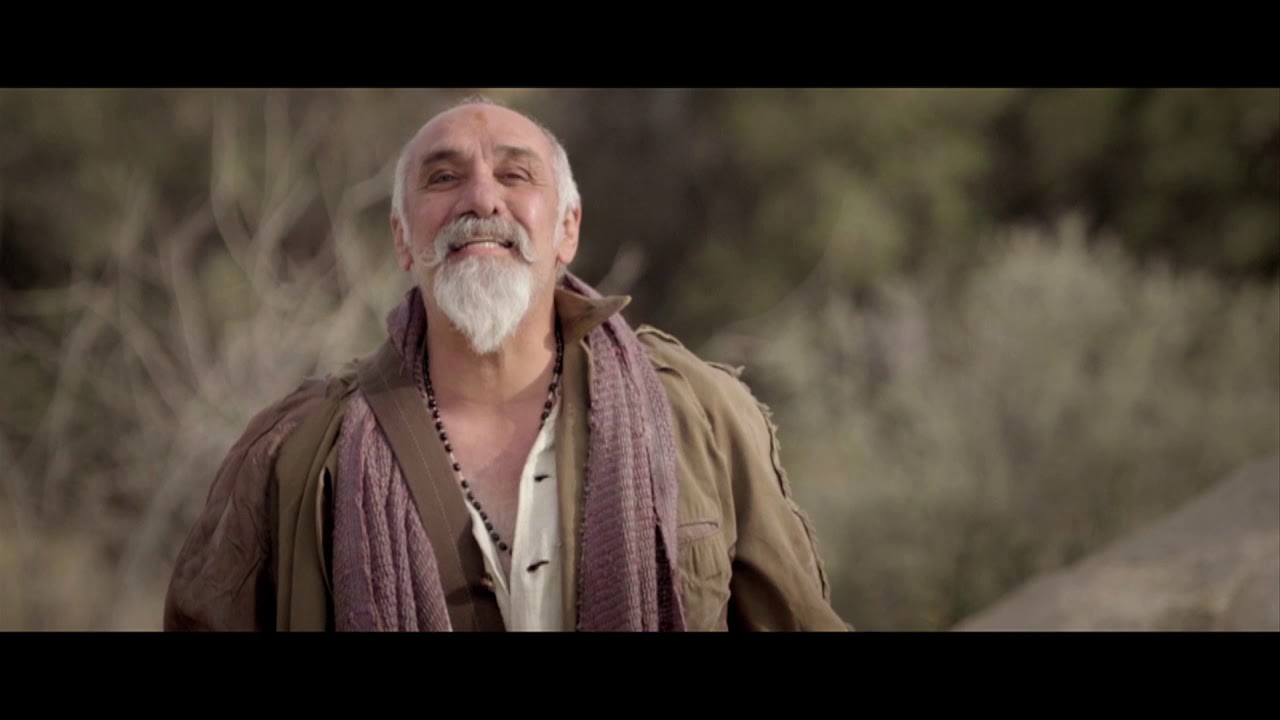
Could you share how addiction has personally impacted your life or the life of someone close to you?
At the end of my drinking and using, I probably had a lot of people worried. I don’t blame them. At the end, I wanted it all to end, and death seemed like the best way to do that. Fortunately, I was too afraid to act on it. I was a functioning alcoholic and drug addict. I kept my jobs, my apartment, and my car, but I was very close to losing it all. My brothers were worried about me, my daughter was worried about me, my friends—at least what was left of them—were worried about me. I was worried about me. I finally reached the point of realizing I couldn’t do this anymore. And I still did it for six more months.
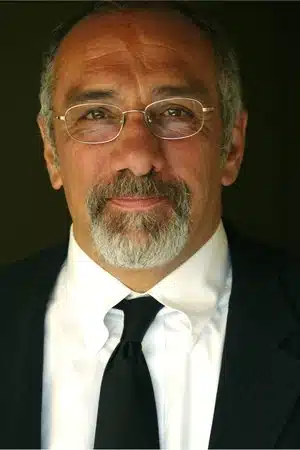
What advice would you give to mothers who are struggling with their own addiction or are supporting a loved one through theirs?
What I do now, nineteen plus years after getting sober, is to remember my bottom—that point that I just talked about, where I couldn’t do it anymore. I’ve distilled it down to a very specific situation. I go to a lot of meetings, try and practice the principles I’ve learned in my day-to-day life, try to be of service to others, and reach out to people like me. There’s more, but that’s an overview.
What were some of the biggest challenges you faced during your journey with addiction, either personally or as a supporter?
My drugs and alcohol were a medicine that saved my life and my sanity—until they didn’t. When they stopped working, and I found myself in Alcoholics Anonymous, I was confused because I didn’t know what I would do to heal my pain. I was fortunate to find a sponsor to help take me through the process of getting sober, doing the steps. I sometimes struggle, but I know there are things I can do to get better.
How did you find the strength and resources to keep going during the toughest moments?
I’ve found that when the thing that is most overwhelming to me stays inside of me, it gets worse and worse. When I share that struggle, either one-on-one with another alcoholic or in a group setting, a meeting, it’s halved. It also allows me to be of service because I’ve found someone else may be going through the same thing I’m struggling with.
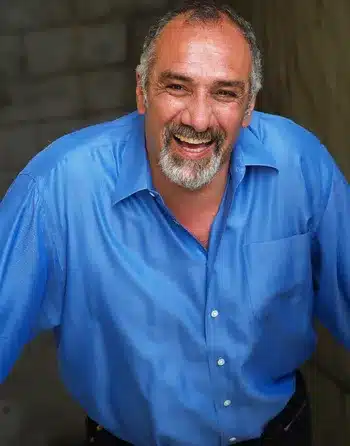
What message would you like to share with mothers who feel isolated or hopeless in their battle against addiction?
The first step is to admit my powerlessness, the unmanageability of my life. Once I admitted that to myself, I could move forward in recovery by using what was available to me. I’ve found that most of us in AA or any of the other twelve-step programs are more than happy to help you once you’ve decided you want help. That seems to be the most important part—that you want help.
Are there any specific resources, programs, or strategies that you found particularly helpful in dealing with addiction?
It’s connection and communication—talking with people going through what I’m going through. We have this saying I love because it’s gotten me through so many difficult situations: “This, too, shall pass.” Because it’s been proven true to me so much.

